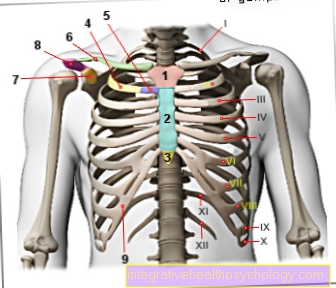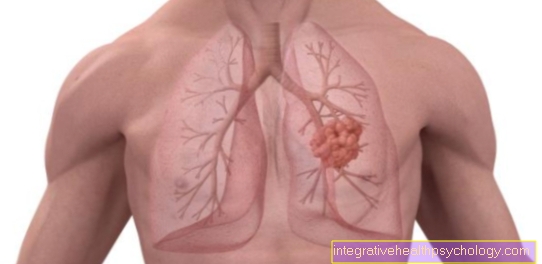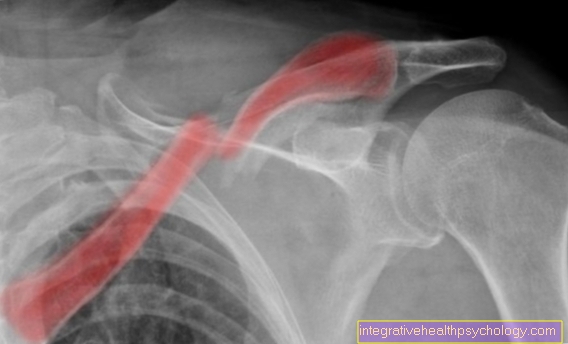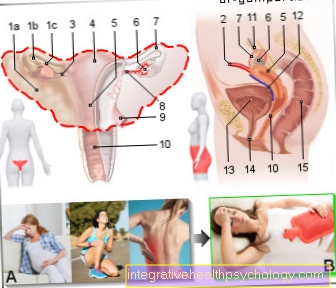Table of contents "Alzheimer's disease - a guide for relatives and carers"
Note: This is a book in DIN-A4 format, in the usual DIN-A5 format this corresponds to approx. 200 pages.
| Preface | |||
|---|---|---|---|
| 1. | Medical background and facts | ||
| 1.1 | introduction | ||
| 1.2 | definition | ||
| 1.3 | Classification of Alzheimer's disease | ||
| Early stage | |||
| Advanced stage | |||
| Late stage | |||
| Terminal stage | |||
| 1.4 | Occurrence in the population (prevalence) | ||
| Do relatives have an increased risk of falling ill? | |||
| 1.5 | How does dementia occur, what are the causes (etiology) | ||
| 1.6 | Other diseases that can lead to dementia (differential diagnoses) | ||
| 1.7 | Diseases that can occur together with dementia | ||
| depression | |||
| Hallucinations and "illusionary misjudgment" | |||
| Seizures (epileptic fits) | |||
| 1.8 | How is the diagnosis of dementia made? | ||
| 1.9 | therapy | ||
| 2 | Dealing with the disease | ||
| 2.1 | What goes on in people who find they have symptoms of Alzheimer's disease? | ||
| 2.2 | How should I imagine such a disease or how does the patient feel? | ||
| 2.3 | What can sick people (still) achieve? | ||
| 2.4 | Where do Alzheimer's patients live and who looks after them? | ||
| 2.5 | Difficulties experienced by relatives who care for Alzheimer's patients | ||
| 2.6 | How much do relatives suffer in their performance? | ||
| 2.7 | How do relatives of Alzheimer's patients react to the diagnosis? | ||
| 2.8 | What does the illness mean for the tasks of the individual in the family? | ||
| 2.9 | How and when do you explain your new life situation to your extended relatives? | ||
| 2.10 | When should a family member talk to friends and neighbors about the disease? | ||
| 2.11 | Am I guilty if, as a caregiver, I get angry with the sick person? | ||
| 2.12 | Do caregivers feel guilty? | ||
| 2.13 | What happens when family members no longer think of themselves but only of the sick person? | ||
| 2.14 | What is the best way to protect yourself from such problems? | ||
| 3. | The golden rules for dealing with Alzheimer's patients | ||
| 3.1 | Formulate realistic goals | ||
| 3.2 | Create a warm atmosphere | ||
| 3.3 | The Alzheimer's patient needs help here and now | ||
| 3.4 | Caring for someone with Alzheimer's disease takes time | ||
| 3.5 | Knowledge is power - facts and suggestions for dealing with and talking to people with Alzheimer's disease | ||
| 4. | General tips for coping with everyday life | ||
| 4.1 | forgetfulness | ||
| 4.2 | Rummaging around | ||
| 4.3 | Home furnishings | ||
| 4.4 | personal hygiene | ||
| What should be considered with regard to bowel movements and urination? | |||
| Alzheimer's and Sexuality | |||
| 4.5 | Meaningful occupation | ||
| 4.6 | What else do you need to know for everyday life? | ||
| 5. | frequently asked Questions | ||
| 5.1 | How long can you leave someone with Alzheimer's disease alone? | ||
| 5.2 | Are there things you can prepare in case of an unforeseen emergency? | ||
| 5.3 | Can Alzheimer's patients still travel? | ||
| 5.4 | What should be considered when dealing with money? | ||
| 5.5 | Are there any special features regarding food intake? | ||
| 5.6 | Are Alzheimer's patients even allowed to smoke? | ||
| 5.7 | What should be considered when administering medication? | ||
| 5.8 | What can you do with insomnia and restlessness at night? | ||
| 5.9 | What help is there if someone affected keeps asking the same question or chasing after? | ||
| 5.10 | What do you do when there is a tendency to run away? | ||
| Practical aids to protect those affected from running away uncontrollably | |||
| 5.11 | What can you do if you are aggressive? | ||
| 5.12 | Until when are Alzheimer's patients allowed to drive? | ||
| 5.13 | What is statutory care and when does it make sense to set it up? | ||
| 5.14 | Do Alzheimer's patients have liability insurance? | ||
| 5.15 | When does a home admission make sense? | ||
| 5.16 | When does an Alzheimer's patient have to go to psychiatry? | ||
| 6. | Closing word | ||
| 7. | attachment |





























